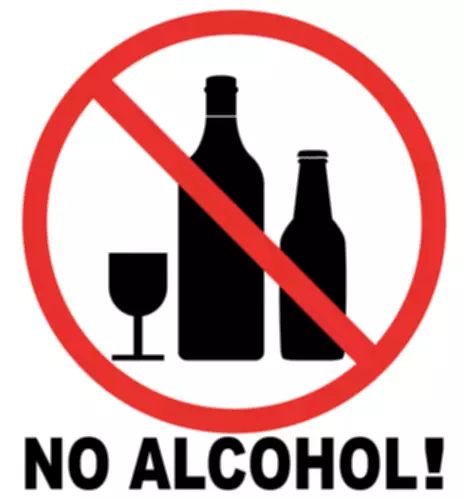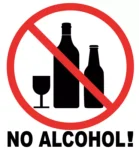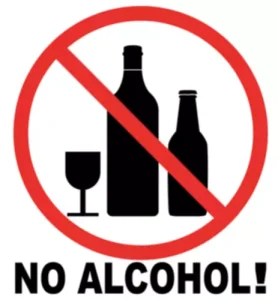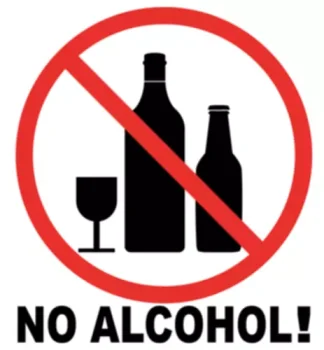
Making amends is important, no matter if a person is going through AA or not. Before starting, it helps to write a list of people harmed. Write down what happened, who was harmed, and how you could make amends. Once the pain they caused someone else to experience is understood, the person with a substance use disorder can work to ensure it does not happen again. It is healthy and wise to avoid making the same mistakes in the future by writing things down, confronting the person head-on, and creating a space for the healing of broken trust.
How Soon Do I Start to Make Amends Once I Am Sober?

The FHE Health team is committed to providing accurate information that adheres to the highest standards of writing. This is part of our ongoing commitment to ensure FHE Health is trusted as a leader in mental health and addiction care. One very effective way to make amends is to go Sobriety to Treatment. Through guidance, education and therapy, FHE Health can help a person begin to rebuild their relationships with self and others. Our team will work closely with you throughout this process to help you achieve your goals in recovery. Direct, face-to-face amends are encouraged to facilitate genuine healing.
Step 8: List of Amends
As you go further, you’ll start adding coworkers, neighbors, acquaintances, and even random strangers. It might be helpful to resort to the moral inventory that you’ve made for step four of the program. Approaching step nine can spread anxiety and fear in the hearts of many of those going through the AA program. This is true regardless of whether you choose to take the living or the direct routes. Those who receive an amends see firsthand that people with use disorders can and do recover, becoming healthy, happy and productive community members.

Recovery Care Options For South Carolinians
You must accept responsibility for your harmful behaviors and for the words you write in the letter. It is important to think through the ways your letter might affect the recipient, according. Be willing to accept that person’s reactions, even if they are negative. Instead, simply recount your poor behaviors and express genuine regret. Not everyone is going to just let you into their lives again.

What’s the Difference Between Making Amends and an Apology?

You might trigger so much pain and stress that they’ve been trying to work through for a while now. Making amends can also reduce stress, by addressing past wrongs may prevent future conflicts that could jeopardize sobriety. This can take a very long time, months or even a year for some, but you shouldn’t rush it. Other people who have completed this task might tell you how freeing it is, and while that may be true, trying to take a shortcut is is only limiting the power that this step will bring to your recovery. This can be interpreted as forming a closer relationship with God or finding meaning in something outside yourself.
It seems to sum up the relief from guilt and shame, the lessening of our obsession with “self”, and the increased ability living amends to appreciate what’s really going on all around us. We may even start to think of our past as a gold mine of experiences to share with other people we’re trying to help in recovery, instead of as a period of darkness that we regret. We stop thinking about our lives in terms of what we don’t have and begin to appreciate the gifts that we receive every single day. And finally, we are very aware that in order to keep this feeling of freedom, we’ll need to keep on applying what we’ve learned while working the steps. When we do this this we gain a new perspective and the promises of the Ninth Step come true in our lives. Making direct amends requires face-to-face interactions wherever possible, which shows sincerity, openness, and humility.
The 12 Steps and 12 Traditions of AA
Each program is designed to exceed industry standards and provide the highest quality care. The purpose of step 10 is to acknowledge that your old habits don’t control you and practice self-examination to help continue this trend. The 9th step in AA is about making amends, regardless of the outcome. For example, if you reach out to a family member to apologize, you need to understand the full extent of your wrongdoings without minimizing what happened or trying to justify your behavior. Addiction can make a person act in destructive and compulsive ways, causing them to lie, manipulate, neglect, and/or cause emotional or physical harm to themselves or others.
- Begin your letter with a brief explanation of why you are writing.
- Many alcoholics are guided through the steps by a sponsor, but some individuals complete the steps on their own.
- Step eight is preparation for the action of step nine, which involves putting your recovery into action.
- The information on this website should not be taken as medical advice for any individual case or situation.

You may learn that your offense is easily forgiven and long forgotten. Accept responsibility for the impact of your actions on others. If you’re a treatment provider and have a question, please reach out and someone from our Customer Success team will be https://ecosoberhouse.com/ in touch with you shortly. That’s what happens when we bring justice back into our lives by making amends.
Deixe um comentário